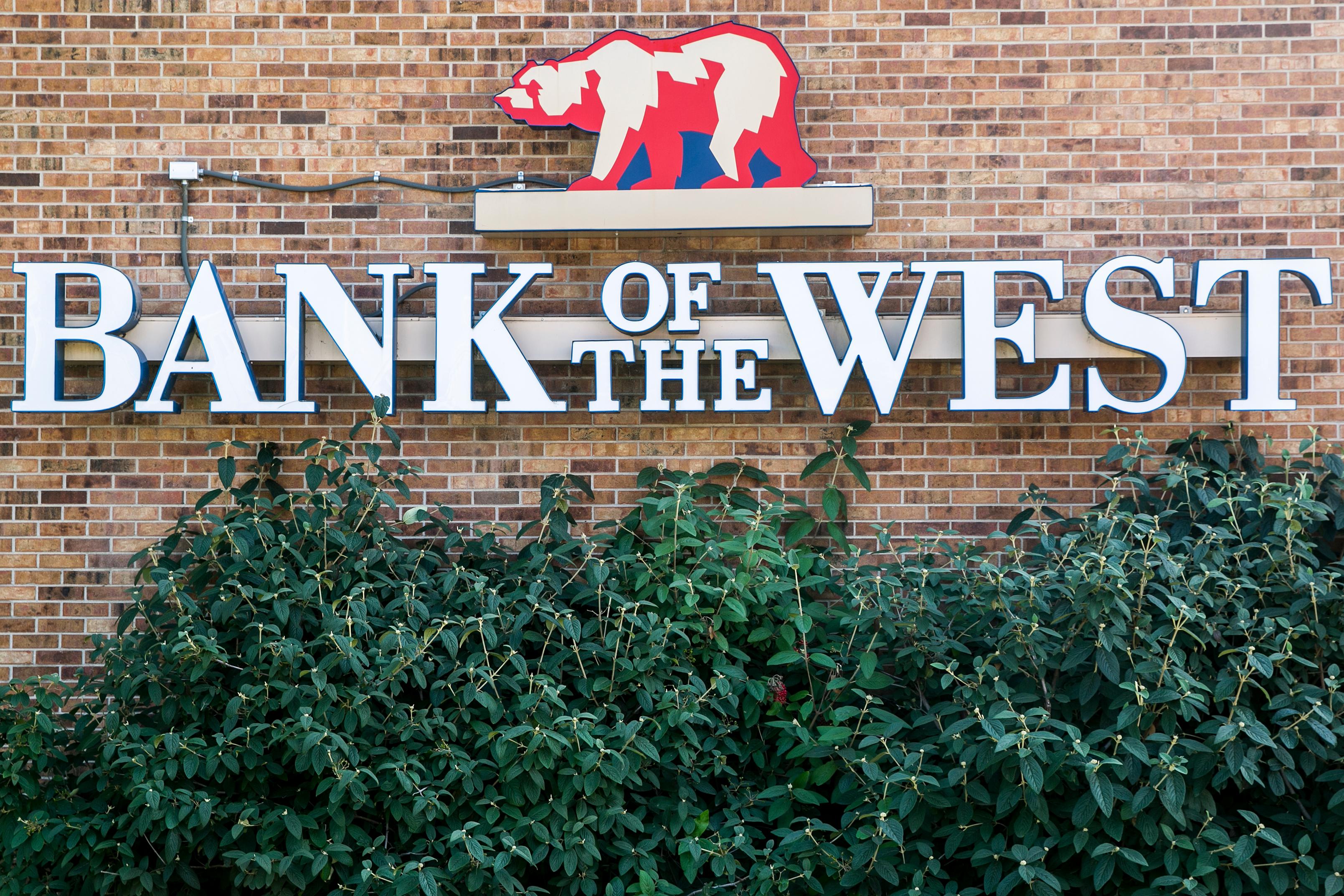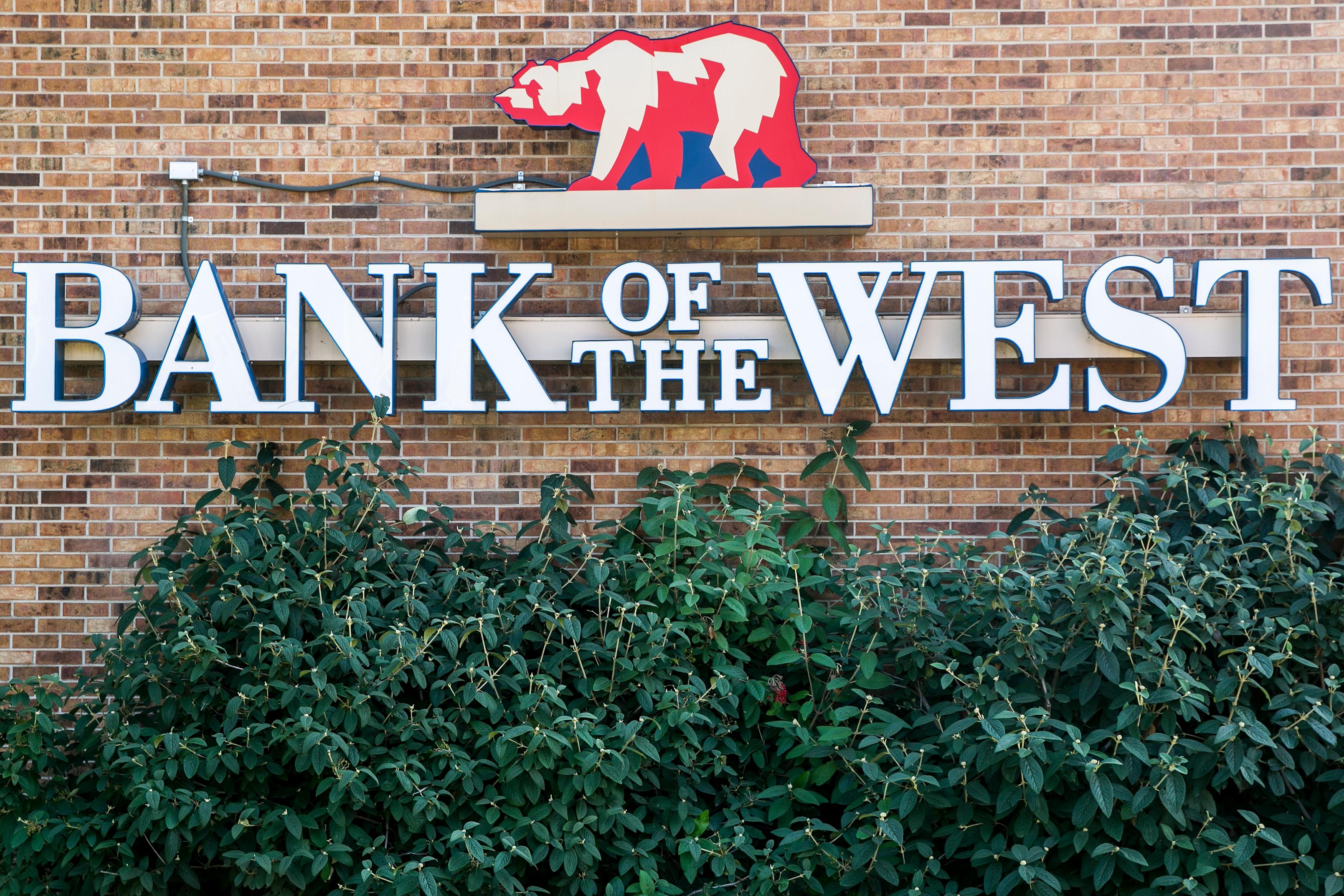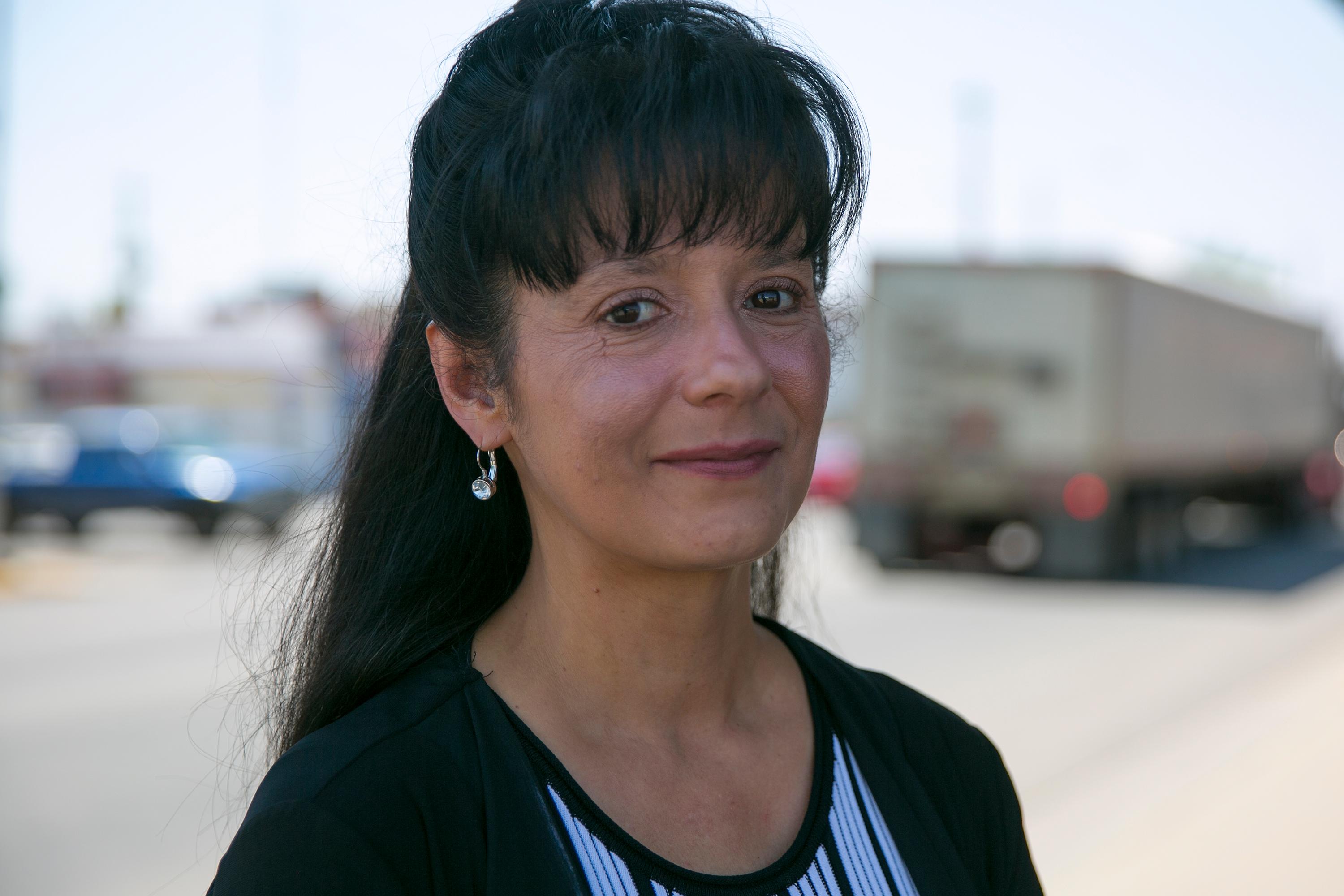

In the northwest Colorado city of Craig, there’s a growing rebellion against Bank of the West. Residents have closed their accounts. Moffat County Commissioners have announced plans to move millions out of the bank. And the branch manager in Craig has quit.
The reason: coal.
In early August, Bank of the West announced several financial investment philosophies, one of which raised eyebrows in the commercial hub of Moffat County. It said it would no longer fund coal mines or coal power plants.
“We need change now,” the bank said in a statement. “Not incremental change for the distant future. By making tough but necessary choices about what we fund (and what we no longer fund) we are accelerating important transitions in energy, employment equality and social programs that we believe will have a positive impact. We’re anti-waiting, pro action, and that’s how real change happens.”

The news hit Craig like a thunderclap. Two coal mines and a coal-fired power plant provide the bulk of jobs and income for Craig’s 8,900 residents.
“I knew that it was a game changer in our community,” said Stacy Razzano, referring to Bank of the West statements. Razzano quit her job at the Craig branch after 27 years. Like many in Craig, Razzano also has family who work at the coal mines.
“I’m the face of Bank of the West in Craig, Colorado. So at that point I had to decide, do I want to be the face? Or do I just want to resign and support my community?” she said.

The bank also said it wouldn't’t finance oil and gas exploration for shale oil, especially operations that use fracking.
As the Bank of the West statements bounced around social media, Moffat County Commissioner Don Cook said there was a need for governmental action — and the county decided to pull its millions in daily banking away from Bank of the West.
“That’s federal, state, anything that comes in,” Cook explained. “We have over 100 credit cards there that we have to change. We have to find someone who can handle ‘em. So it’s going to take a little while.”
Craig isn’t alone. Sweetwater County in Wyoming announced last week it will withdraw millions from the bank. And the Wyoming state treasurer says his office will cut ties with Bank of the West.
Even as President Donald Trump claims to have slowed down what he calls “the war on coal” — a position about which there's significant disagreement — threats are coming from multiple fronts. Along with divestment in financial services from businesses such as Bank of the West, there are are also court challenges from environmental groups. At the state level in Colorado. In Craig that means one unit of the local coal power plant will shut down in 2025.
For Craig Mayor John Ponikvar, a future with less coal and coal-related jobs translates into significant consequences for local tax coffers.

“How do we maintain the county roads? How do we maintain the schools? The schools get 46 percent of those property taxes right now,” Ponikvar said.
In Colorado, Craig is hardly alone. In the North Fork Valley around Paonia since 2013, two out of three mines have closed. The region has seen a large exodus of miners and their families as the number of mine-related jobs dropped from 950 in January 2010 to just 220 in January 2017.
The news out of Washington isn't always bad. Obama administration regulators granted expansion permission for the Colowyo Mine between Steamboat Springs and Craig. And last week’s announcement from the White House ordering a roll-back on air pollution restrictions on coal plants marked a significant win for the industry.
But there are still looming financial problems.
"A lot of the issues of the coal industry or oil or anything is the marketplace,” said Louise Carter-King, mayor of Gillette, Wyoming, the home of the country’s largest coal mining region.
Utilities are turning to solar, wind and natural gas-fired power plants over coal because the costs are cheaper. As the chart below shows, coal production both nationally and in Colorado has been on a steady decline for decades — climbing for a time during the Clinton administration and then starting its latest slide during George W. Bush's presidency:
That leaves many coal communities quietly searching for new economic lifelines.
Colorado started shifting away from coal in 2010 with a state law known as the Clean Air, Clean Jobs act, which put incentives in place to move the state away from relying on fossil fuels in favor of renewables and natural gas. Those forces have led to a reduction in power plants that rely on coal for generation.
In Pueblo, for example, Xcel Energy aims to reduce coal-fired power and boost wind and solar production to 55 percent of the company’s energy mix. If Colorado regulators approve, it would mean two out of the three smokestacks that define Pueblo’s skyline would away.
Up in Wyoming, Mayor Carter-King said Gillette will continue to dig coal. But there’s new attention on capturing carbon deep underground. And the prospect of a $20 million grant may fuel other innovations.
“Probably people think that coal is just putting their feet in the ground and saying, ‘We’re fighting for coal.’ When really they are trying to come up with innovations and better uses of coal,” she said.
Still, Bank of the West is an easy target. Even around Gillette, Carter-King says she sees Facebook posts from coal miners in her region who intend to pull funds from Bank of the West. This instinct to protect coal country plays out in a different way for local political leaders. They need to have one eye focused on the present. And yet, says Moffat County Commissioner Don Cook, they also need to see the future -- without holding on too tightly to the past.
“[Economic change] won’t happen overnight. Not like this Bank of the West statement,” Cook said. “It will be a gradual change.”
This story is part of CPR’s Road Trip to November coverage. Our reporters and producers are traveling around the state to hear what is on people’s minds ahead of the upcoming election. You’ll see more of these stories in the weeks to come.








